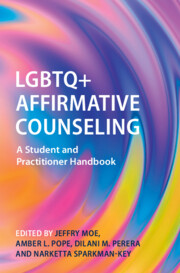Images of the Garden: Wistful Yearnings
The notion of a garden evokes connections with the earth, a sense of place, a feeling of being home. A garden offers food, colour and fragrance. It also requires careful tending. The soil must offer nutrients. Water must be maintained, not too much, not too little. Pests must be dis-invited from the garden, whether unwelcome plants or night visitors that burrow into the soil, displacing the roots, or, like Peter Rabbit, eat the vegetables before they can be harvested.
Many lessons can be learnt from a garden: patience, acceptance and the need for nurture. Seeds, once planted, take time to set down roots and send up shoots. Some plants thrive; others fail. Gardens create the meeting place between heaven and earth. Rains from above provide sustenance. If not, the garden must be watered.
A garden calls for work. Hands toil. They till the soil, plant the seed, irrigate, weed, protect and eventually harvest. A kitchen garden sustains a household. A garden also calls one to a place of elation. A flower garden brings the joy of colour and fragrance. A walking garden offers an opportunity to saunter, literally to wander toward the holy (saint) land (terra), a place, a state of sanctification.
The story of the Garden of Eden holds both promise and peril. We yearn to return to that place of having been blessed, to that innocence before our expulsion. Our shortcomings cast us out, make us other to things and things other to us. With the rise of ego, we banish ourselves. In the words of Nietzsche, we go under.
Wistfulness for the garden motivates us. It generates a telos, a goal, an orientation, a raison d’être. We feel in our heart of hearts that returning to the garden is our birthright. Searching for the promised land motivates human endeavour. For the Sufis, the garden represents a grand reunion with the state of blessedness. George Fox, having been baptised into an ocean of light, proclaimed that he had regained the state of Adam before the fall, before the expulsion from Eden. Hildegard von Bingen, an avid gardener, wrote of 2,000 plants that bring healing. Women and men throughout history have invoked the garden as a place not only of hope but of actual, literal return to health and wholeness.
